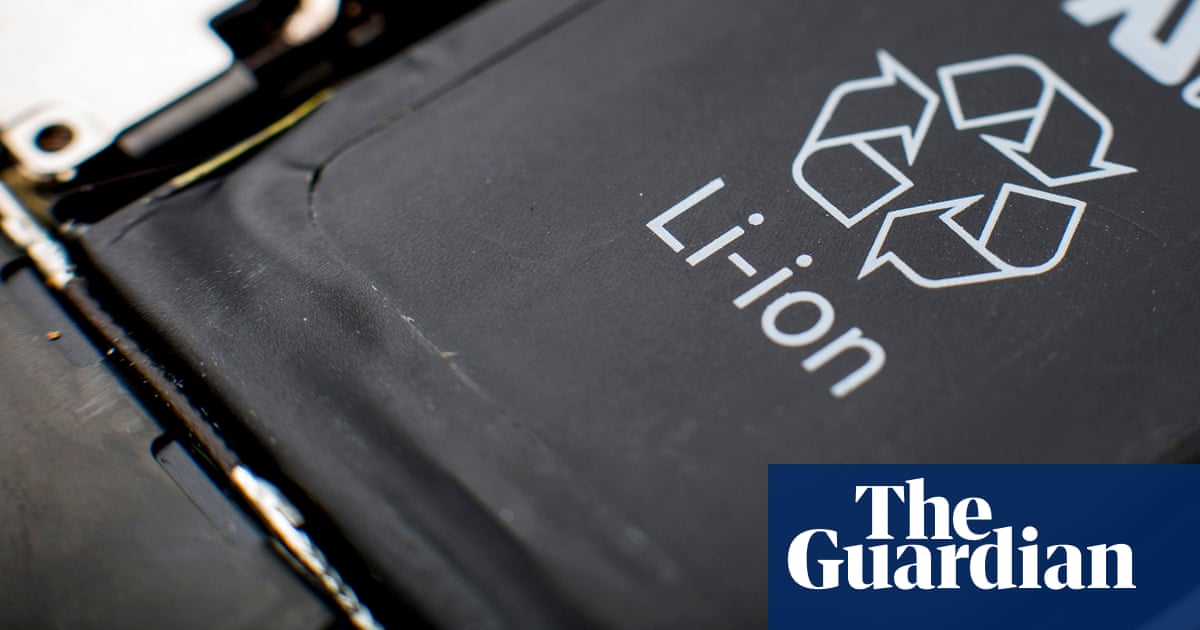A subclass of PFAS has been found near manufacturing plants and landfills, and in remote regions of the world
Toxic PFAS “forever chemicals” used in lithium ion batteries essential to the clean energy transition present a dangerous source of chemical pollution that new research finds threatens the environment and human health as the nascent industry scales up.
The multipronged, peer-reviewed study zeroed in on a little-researched and unregulated subclass of PFAS called bis-FASI that are used in lithium ion batteries.
Researchers found alarming levels of the chemicals in the environment near manufacturing plants, noted their presence in remote areas around the world, found they appear to be toxic to living organisms, and discovered that waste from batteries disposed of in landfills was a major pollution source.



Sounds like a regulatory gap that needs closing asap.